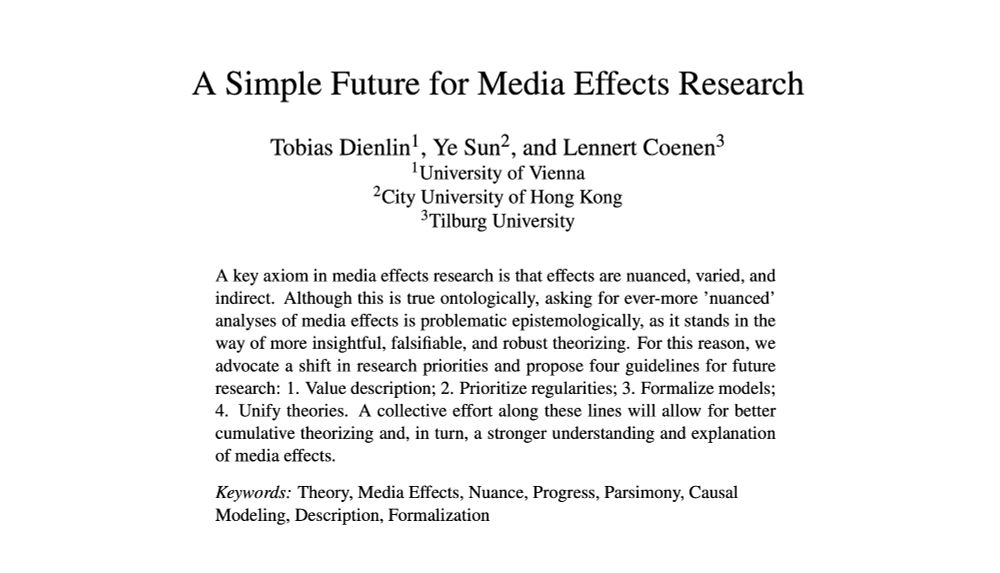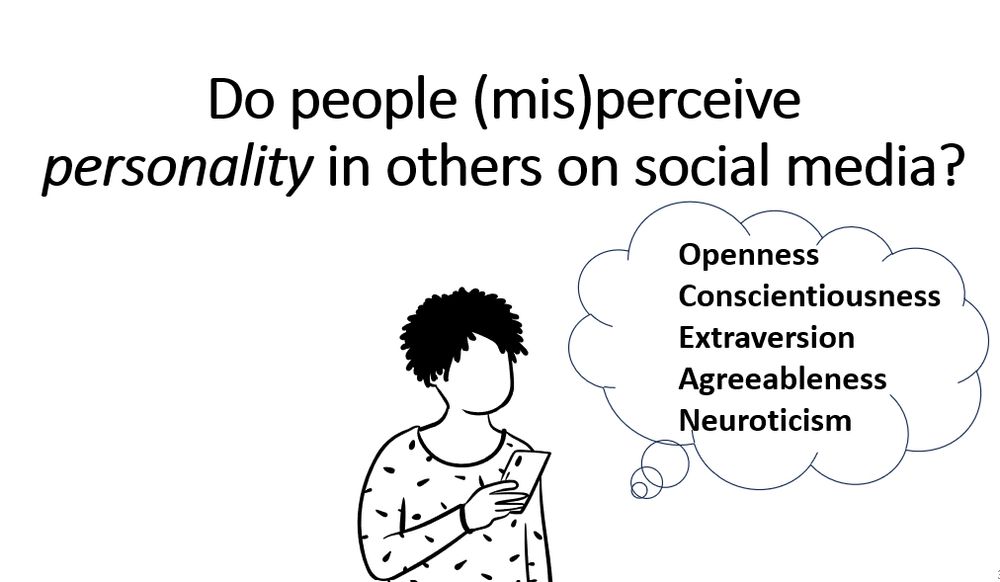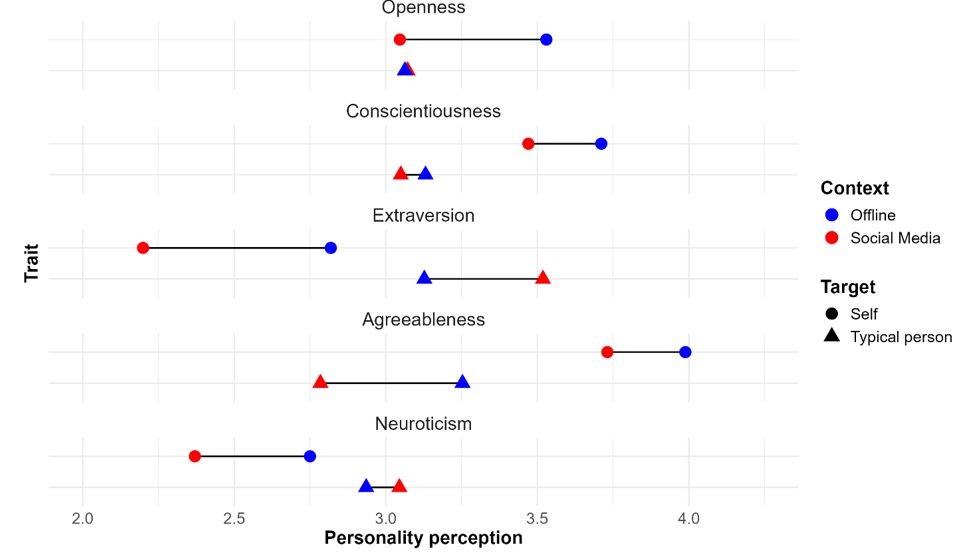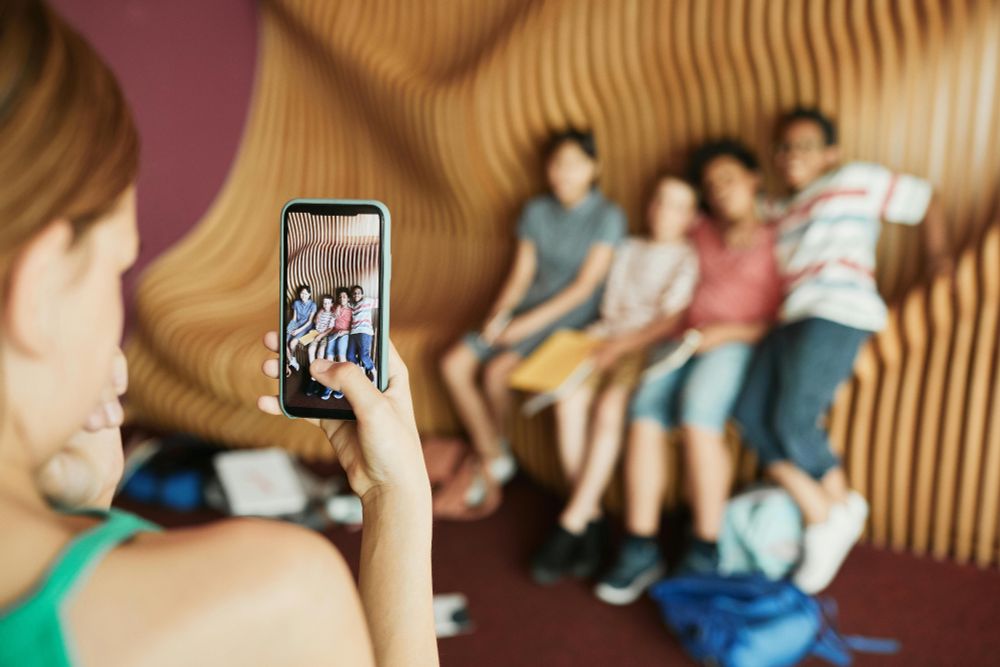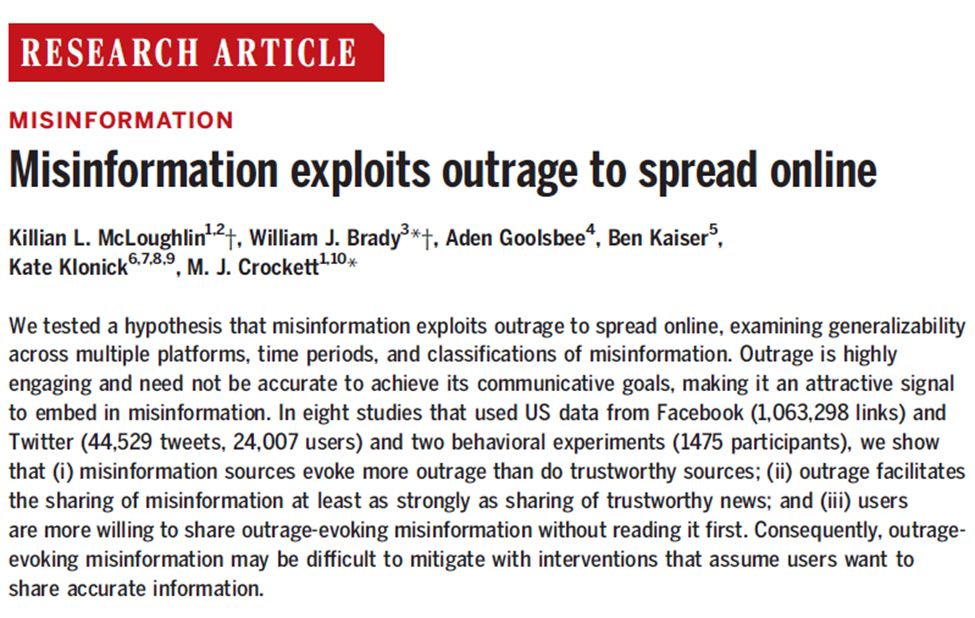CameronJBunker.bsky.social
@cameronjbunker.bsky.social
20 followers
20 following
5 posts
Assistant Professor @ Emerson College |
Selves 🎭 & Media 📱
https://cameronjamesbunker.github.io/CameronBunker.com/
Posts
Media
Videos
Starter Packs
Reposted by CameronJBunker.bsky.social
Reposted by CameronJBunker.bsky.social
Reposted by CameronJBunker.bsky.social
Sonja Utz
@sonja-utz.de
· Jul 25

What do you mean by “social media”? Introducing the Reporting Items for Social Media Research (RISoMeR)
Abstract. Scholars from various disciplines study social media. However, neither researchers nor users have a unified understanding of social media. Even m
academic.oup.com
Reposted by CameronJBunker.bsky.social
Reposted by CameronJBunker.bsky.social
Reposted by CameronJBunker.bsky.social
Brian Nosek
@briannosek.bsky.social
· Apr 10
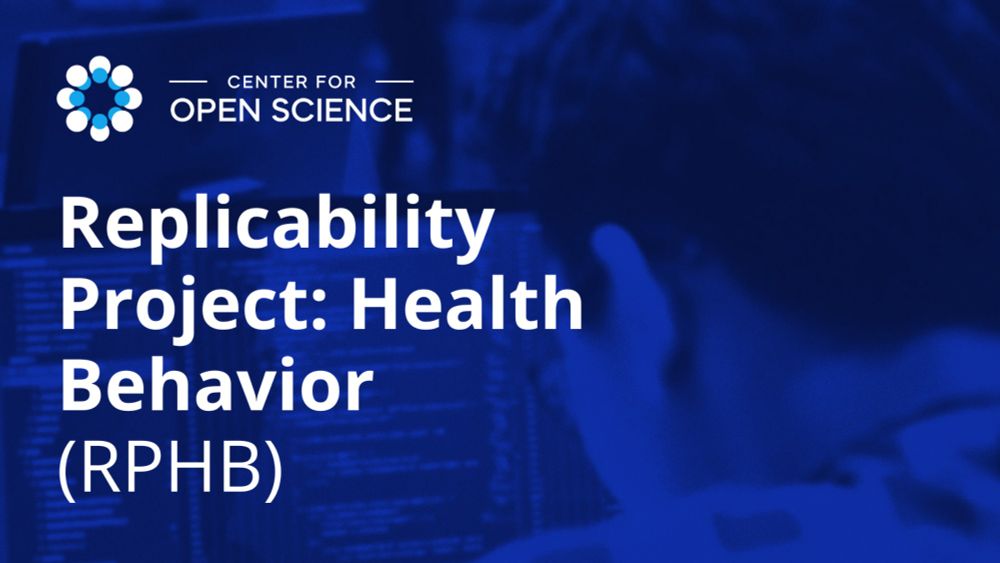
Replicability Project: Health Behavior (RPHB)
The Center for Open Science (COS) is launching the Replicability Project: Health Behavior (RPHB), which is a large-scale, multi-team effort to help support a transparent and trustworthy foundation in ...
www.cos.io
Reposted by CameronJBunker.bsky.social
Reposted by CameronJBunker.bsky.social



